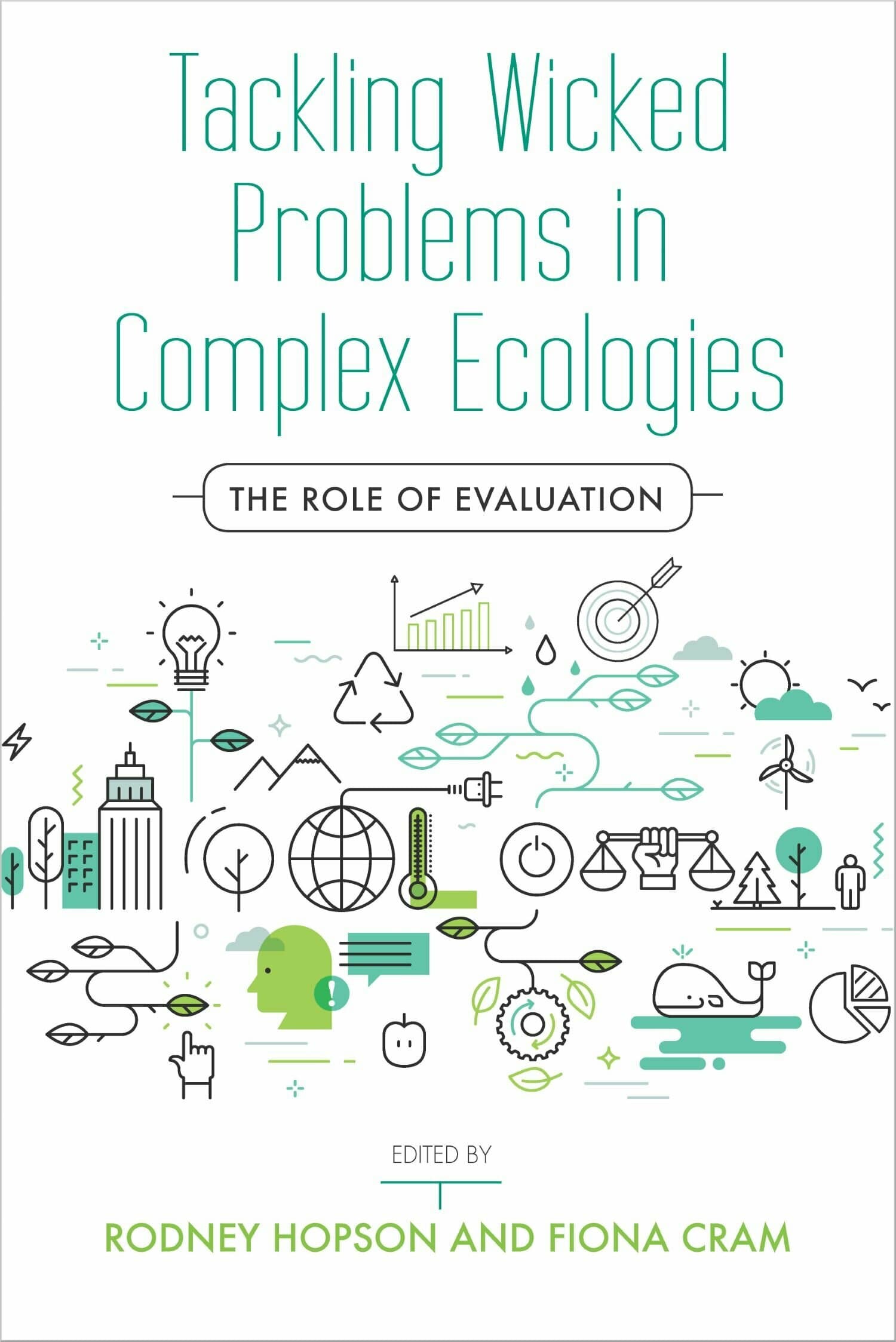Empowerment Evaluation in the Digital Villages
Award Winner
2013: Social Justice in Education Distinguished Scholar Award
Winner of the 2013 Social Justice in Education Distinguished Scholar Award, sponsored by the American Educational Research Association.

Empowerment Evaluation in the Digital Villages analyzes a $15 million community change initiative designed to bridge the digital divide in East Palo Alto, East Baltimore, and San Diego. Involving a partnership between Hewlett-Packard, Stanford University, and three ethnically diverse communities, this initiative enabled its constituencies to build their own technology-oriented businesses, improve their education systems, and improve their economic health. While examining this large-scale, multi-site case, Fetterman highlights the potential for empowerment evaluation to build local capacity and sustain improvements within communities. He provides deep insights into key steps in empowerment evaluation by exploring the way that each of these phases took place in the digital villages. Additionally, the text provides evaluators with real-world stories and practical advice from the front lines. The Digital Village case also demonstrates the social value of combining corporate philanthropy, academic prowess, and community empowerment—highlighting the role of evaluation in this process.
"This book makes a significant contribution to the empowerment evaluation literature. It provides detailed cases of empowerment evaluation in action that will help practitioners to understand implementation issues, challenges, and the benefits of using this evaluative approach."—Stewart I. Donaldson, Claremont Graduate University, author of Program Theory-Driven Evaluation Science and Coeditor of What Counts as Credible Evidence in Applied Research and Evaluation Practice?
"Fetterman presents both positives and pitfalls to stress the lessons learned that had a positive impact on the project outcomes and stakeholders. While each evaluation context is different, the work practices presented in this book will help other evaluators to understand what is possible when they are working in a participatory paradigm."—Lennise Baptiste, M&E Specialist, Caribbean Health Research Council




